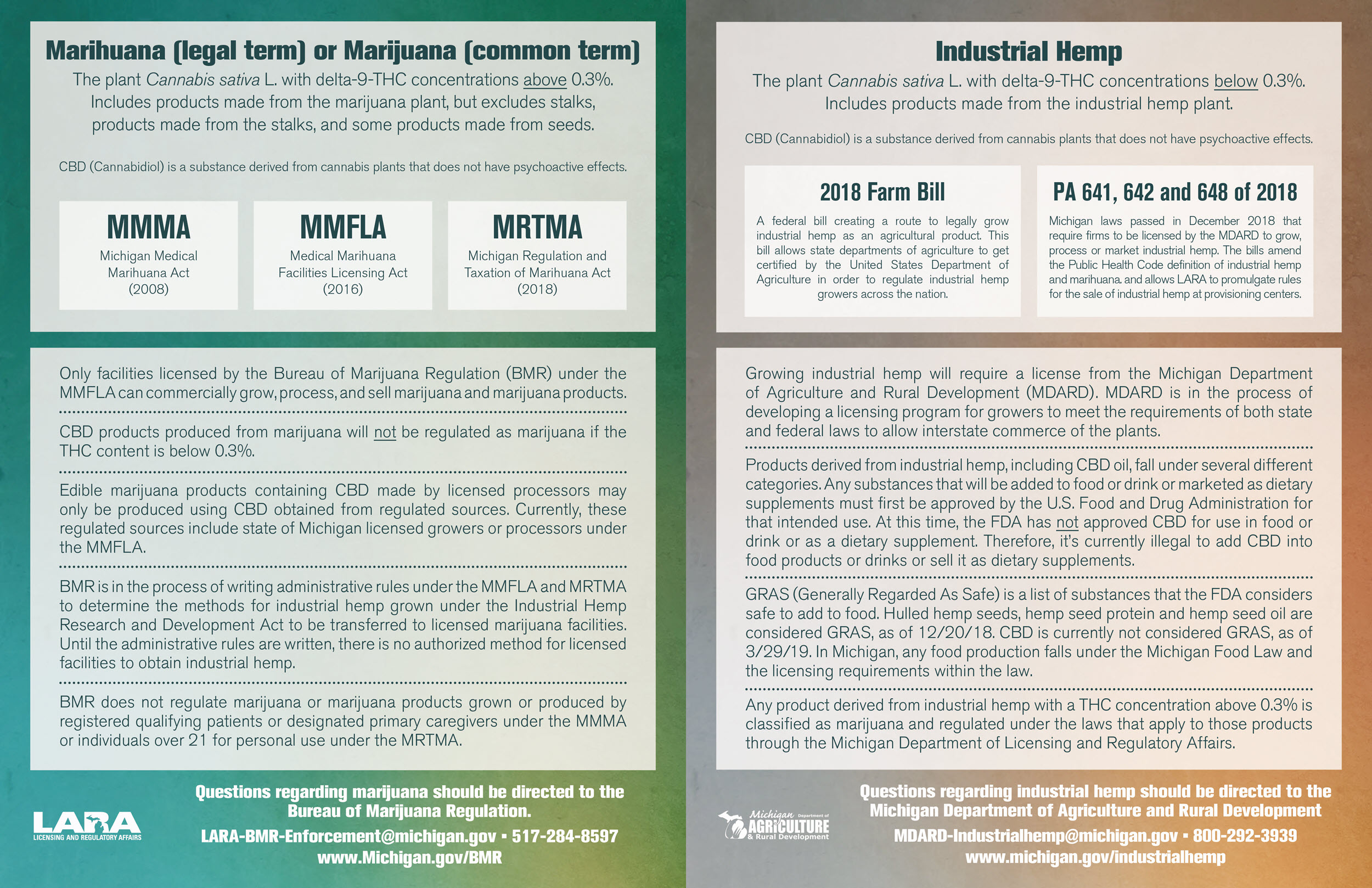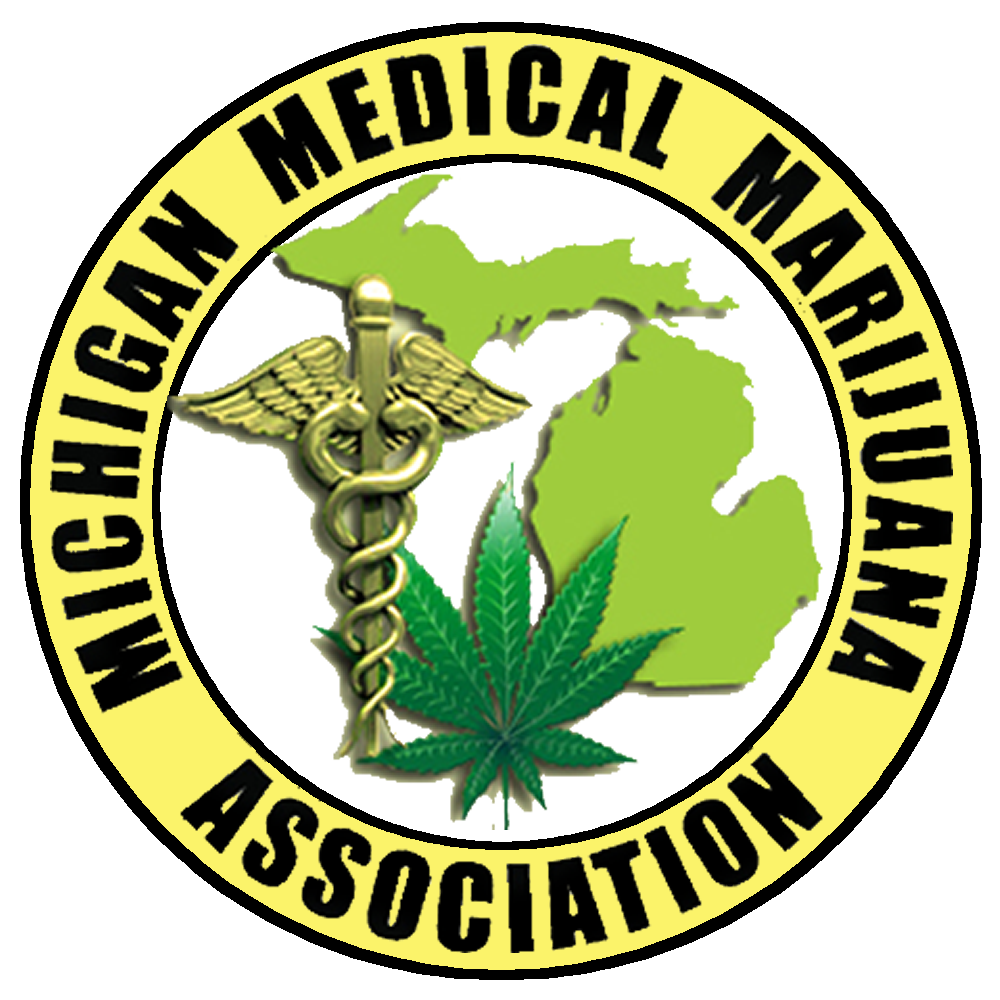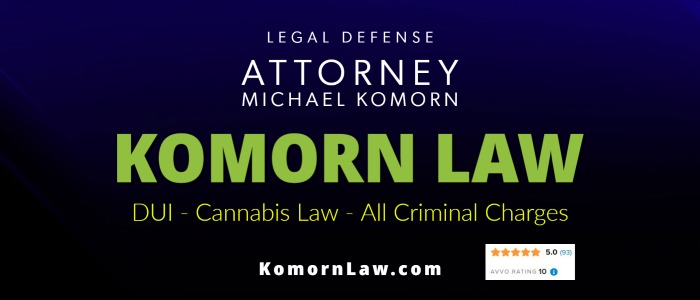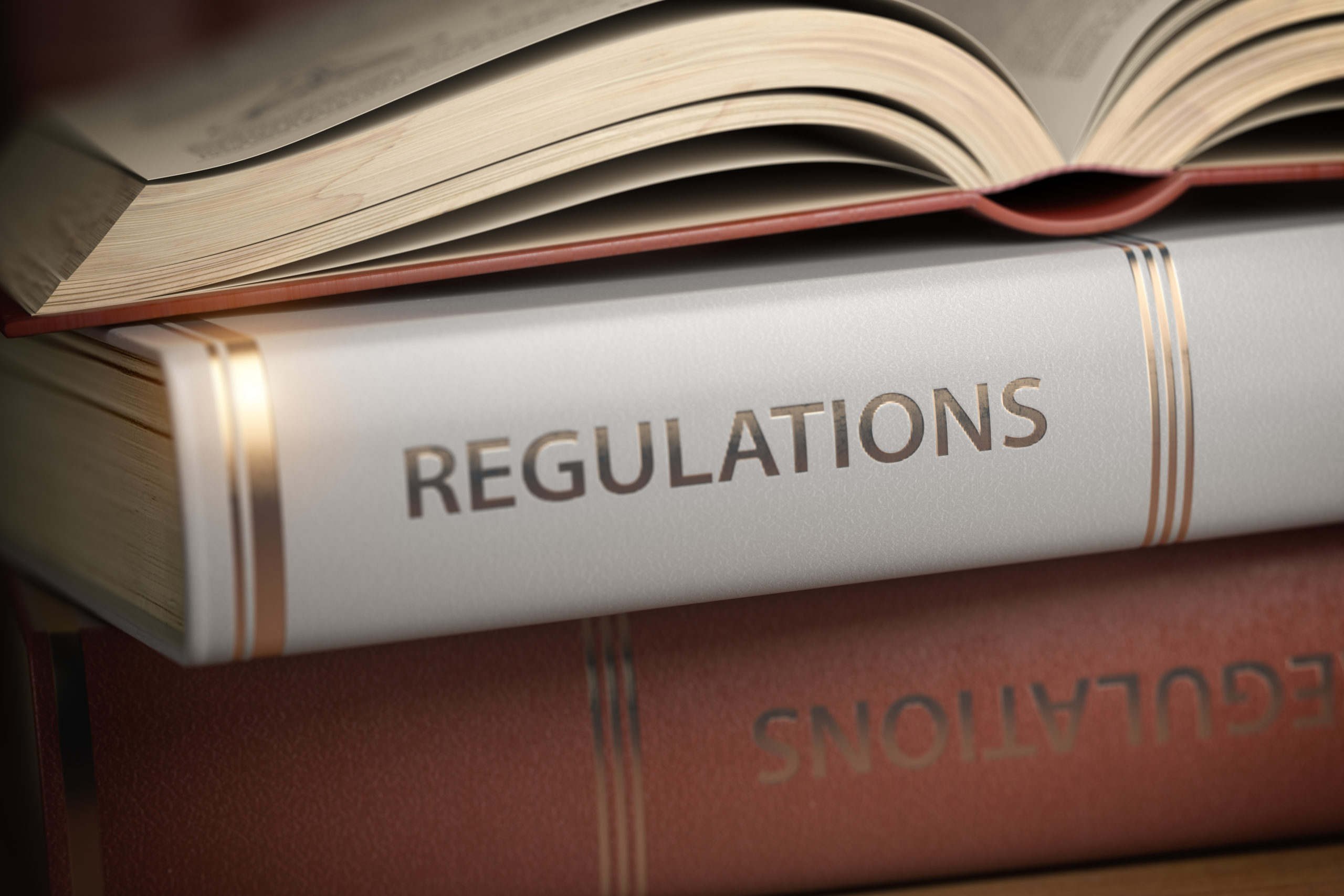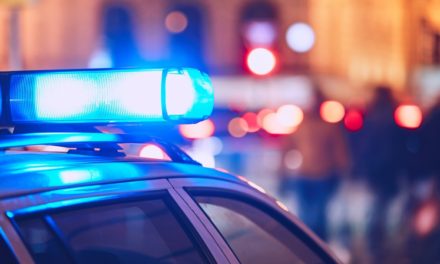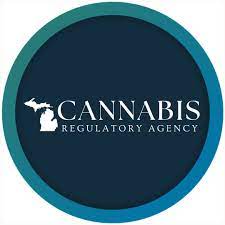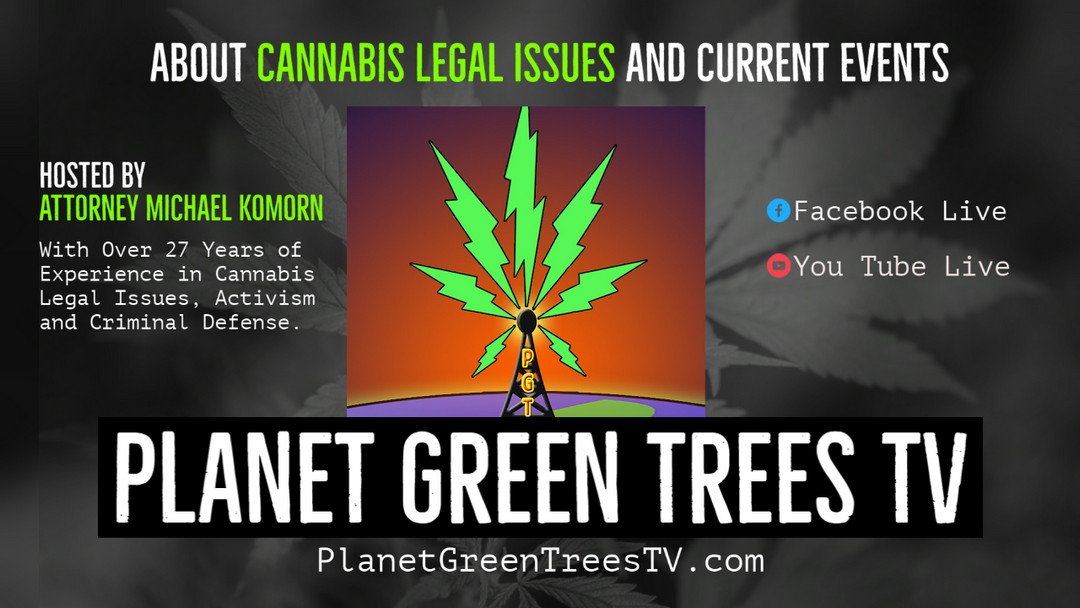A new report suggests that there should be no legal limit on how much THC can be in your body to consider someone impaired.
Former Governor Rick Snyder created a six-member Impaired Driving Safety Commission.
The board is made up of members of diverse backgrounds including reps from Michigan State Police, a medical marijuana patient, and doctors.
In its findings, the commission is suggesting to lawmakers not to set a measurable limit of THC.
“It’s not like alcohol at all,” Bruce Leach said.
Leach is a local criminal defense lawyer and practices law significantly on matters with marijuana.
Leach says he supports the commission’s decision.
“There is no direct correlation, and no science behind a set number of nanograms equals a certain amount impairment,” Leach said.
The commission found regular users respond differently than occasional users.
“There is a discrepancy of active THC and the long time frame for the metabolite to be in someone’s system. It is very difficult to tell what their level of impairment or intoxication may have been. The real test is how they were driving,” Leach said.
Michigan has a zero-tolerance drugged driving law.
The commission wanted to learn to see if active THC was the reason behind impairment.
Leach says the problem is THC can stay in your body for an extended period.
“Many hours or many days or weeks after someone actually ingested the product,” Leach said.
Studies show there can be behavioral effects when someone ingests cannabis.
The report shows the number of positive tests for cannabinoids in crash-involved drivers has more than doubled over a five-year time frame.
Leach says people need to consume responsibly.
“Me personally as well as everyone I know that I represent everybody wants the safest possible roads,” Leach said.
The report did also look at other states that legalized recreational and medical marihuana.
• Colorado: 5 ng/ml
• Montana: 5 ng/ml
• Nevada: 2 ng/ml
• Ohio: 2 ng/ml
• Pennsylvania: 1 ng/ml
• Washington: 5 ng/ml
Arrested for or Charged with DUI or DRUGGED DRIVING?
Contact Komorn Law 800-656-3557
Visit the Komorn Law website
LARA RELEASE 3/29/19
Michigan Offers Guidance on CBD and Industrial Hemp
March 29, 2019 – The Bureau of Marijuana Regulation (BMR) and the Michigan Dept of Agriculture & Rural Development (MDARD) issued joint guidance today regarding CBD (cannabidiol) and industrial hemp.
From the Bureau of Marijuana Regulation:
- CBD products produced from marijuana will not be regulated as marijuana if the THC content is below 0.3%.
- Edible marijuana products containing CBD made by licensed processors may only be produced using CBD obtained from regulated sources. Currently, these regulated sources include state of Michigan licensed growers or processors under the MMFLA.
- BMR is in the process of writing administrative rules under the MMFLA and MRTMA to determine the methods for industrial hemp grown under the Industrial Hemp Research and Development Act to be transferred to licensed marijuana facilities. Until the administrative rules are written, there is no authorized method for licensed facilities to obtain industrial hemp.
- Only facilities licensed by the Bureau of Marijuana Regulation (BMR) under the MMFLA can commercially grow, process, and sell marijuana and marijuana products.
- BMR does not regulate marijuana or marijuana products grown or produced by registered qualifying patients or designated primary caregivers under the MMMA or individuals over 21 for personal use under the MRTMA.
From the Michigan Department of Agriculture and Rural Development:
- Any product derived from industrial hemp with a THC concentration above 0.3% is classified as marijuana and regulated under the laws that apply to those products through the Michigan Department of Licensing and Regulatory Affairs.
- Products derived from industrial hemp, including CBD oil, fall under several different categories. Any substances that will be added to food or drink or marketed as dietary supplements must first be approved by the U.S. Food and Drug Administration for that intended use. At this time, the FDA has not approved CBD for use in food or drink or as a dietary supplement. Therefore, it’s currently illegal to add CBD into food products or drinks or sell it as dietary supplements.
- GRAS (Generally Regarded As Safe) is a list of substances that the FDA considers safe to add to food. Hulled hemp seeds, hemp seed protein and hemp seed oil are considered GRAS, as of 12/20/18. CBD is currently not considered GRAS, as of 3/29/19. In Michigan, any food production falls under the Michigan Food Law and the licensing requirements within the law.
- Growing industrial hemp will require a license from the Michigan Department of Agriculture and Rural Development (MDARD). MDARD is in the process of developing a licensing program for growers to meet the requirements of both state and federal laws to allow interstate commerce of the plants.
Definitions
- Marihuana (legal term) or Marijuana (common term): the plant Cannabis sativa L. with delta-9-THC concentrations above 0.3%. Includes products made from the marijuana plant, but excludes stalks, products made from the stalks, and some products made from seeds.
- Industrial Hemp: the plant Cannabis sativa L. with delta-9-THC concentrations below 0.3%. Includes products made from the industrial hemp plant.
- CBD (Cannabidiol): a substance derived from cannabis plants that does not have psychoactive effects.
